The holiday season is busy – our schedules, and the roads. We’re driving everywhere: from the shopping mall, to the holiday party, to a relative’s home. With traffic and weather, it’s no surprise that Canadian insurance providers report a 49% increase in collision-related claims in December and January.
Let’s make sure that this season is a safe one, full of joy, peace, and happiness. When on the roads this month, remember the following:
Ditch distracted driving – unless you want to end up in a ditch! In Ontario, 1 in 5 road fatalities are attributed to driving while distracted. When driving at 90km/hr, if you take your eyes of the road to text, make a call, or adjust your GPS for just 5 seconds, that’s like driving the length of a football field with your eyes closed. Distracted driving is completely preventable: make sure everything is ready and set before you start your drive, and don’t engage in any distracting behaviours while driving the car. Pull over, park, and then make that call. It could be the difference between making it home for the holidays.
Drive sober or don’t drive at all. While awareness has increased over the years, the rate of impaired driving (by alcohol, cannabis, or other drugs) has steadily increased. In fact, driving while impaired by alcohol or drugs is one of the most prominent factors contributing to serious crashes on Canada’s roads. In young drivers aged 16 to 25, almost half of crashes involve drug or alcohol impairment. If you are attending a party where substances will be available, plan ahead: know your limit and keep track of your use. If at the end of the night you aren’t sober, call a friend, family member, cab, or ride-share, or stay overnight at a friend’s place. Driving drunk or high is not only putting yourself in danger, but everyone else around you.
Get some rest, seriously. Drowsy driving isn’t just being a little tired – fatigue can affect you in the same way that alcohol and drugs can. It impairs your mental and physical state meaning your reaction time is slower, your decisions become questionable, and you lose focus easier. Drowsiness factors into 21% of car accidents in Canada. Prevention is ideal so the best thing to do is plan and make sure you get plenty of rest before driving. Once you’re on the road, remember the signs of fatigue: repeated yawning, sore eyes, trouble paying attention, nodding head, and fluttering eyes. Then it’s time to have someone else take over driving, if possible, or take a break. Drink or eat something. Open the windows. But ultimately once you start feeling drowsy you need to stop driving before an accident happens.
Check the weather report. Driving in the winter is extra dangerous – everything is slippery, wet, and visibility is at its lowest. According to the RCMP, 30% of accidents occur on wet, icy, or snowy roads. Before you get in the car, prepare for what you’re about to drive into. Do you have your winter tires installed? Are your car’s fluids full and lights intact? Do you have an emergency kit in your trunk? Once you’re on the road, be diligent about safety: drive slowly and smoothly to avoid skidding, leave a lot of space between you and other road users, and always obey traffic signals and signs.
Be a people watcher. Seriously, watch other road users and expect the unexpected. You might see some of the following behaviours:
- Busy shoppers emerging from between cars with lowered vision due to weather or large packages in hand.
- Cars circling parking lots waiting for a spot to grab without considering those around them
- Out-of-towners who make sudden lane changes or exits because they don’t know the local roads.
Earn your Road SMARTS. Learn more road safety tips by taking the #RoadSMARTS pledge. By taking the Road SMARTS Pledge, you Support Making All Road Travel Safe, which can help improve road safety for everyone. When road behaviours change, accidents are reduced.
